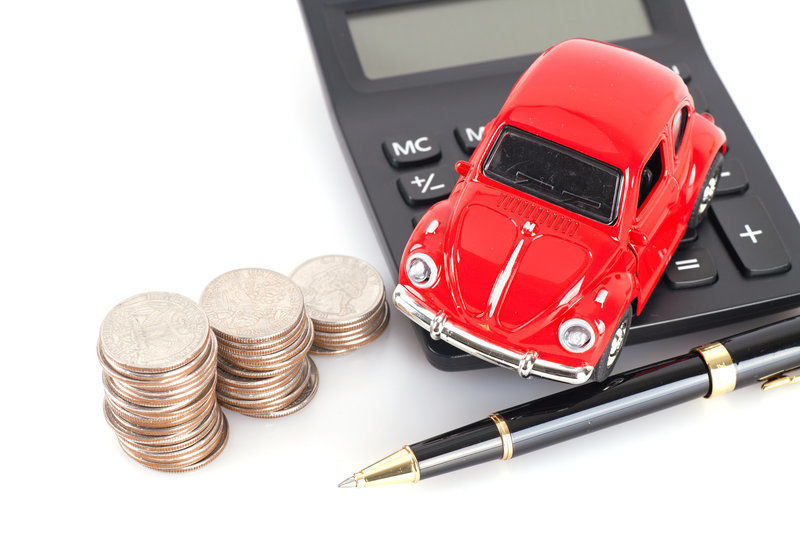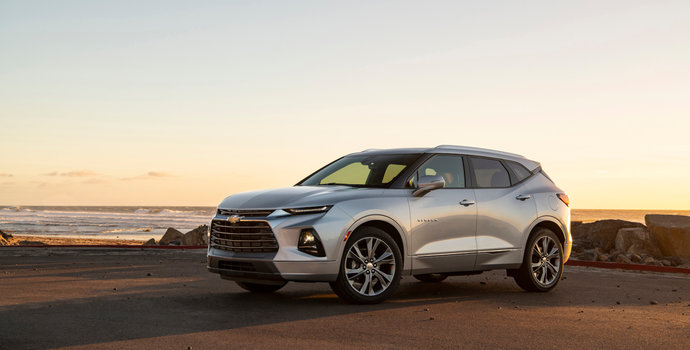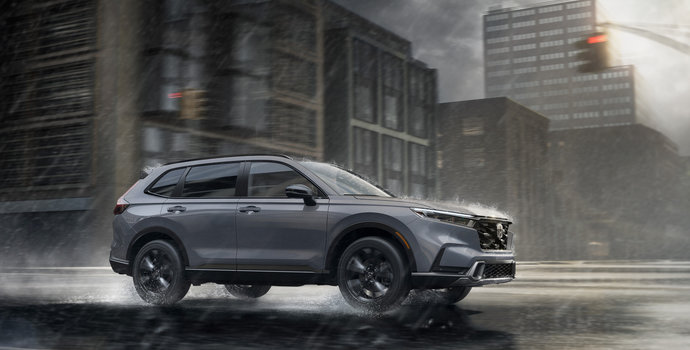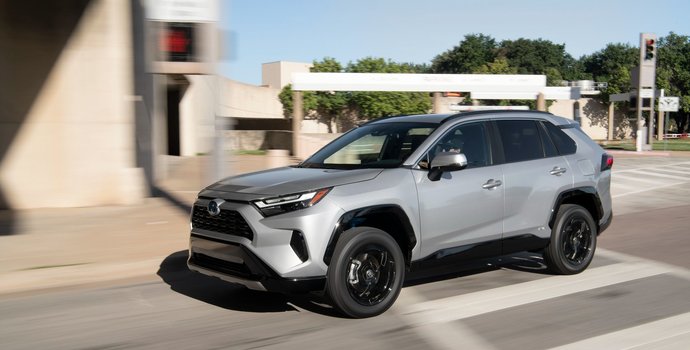Purchasing a pre-owned vehicle is a wise decision for many consumers in the greater Barrie region, offering the chance to drive a quality car, truck, or SUV without the steep depreciation that comes with a new model, and at an overall more accessible price tag. However, it's essential to remember that the purchase price is just the beginning. To truly gauge the cost of vehicle ownership, you must look beyond the initial expense and account for the total cost of ongoing ownership. In other words, you want to plan for all of the expenses that are coming down the road.
This will not only allow you to get a better sense of how much you can afford to pay for your next vehicle but also include ownership costs in your comparisons if you are hesitating between two different used car options. Below, we look at five elements to include in your pre-owned vehicle overall budget.
Fuel Costs
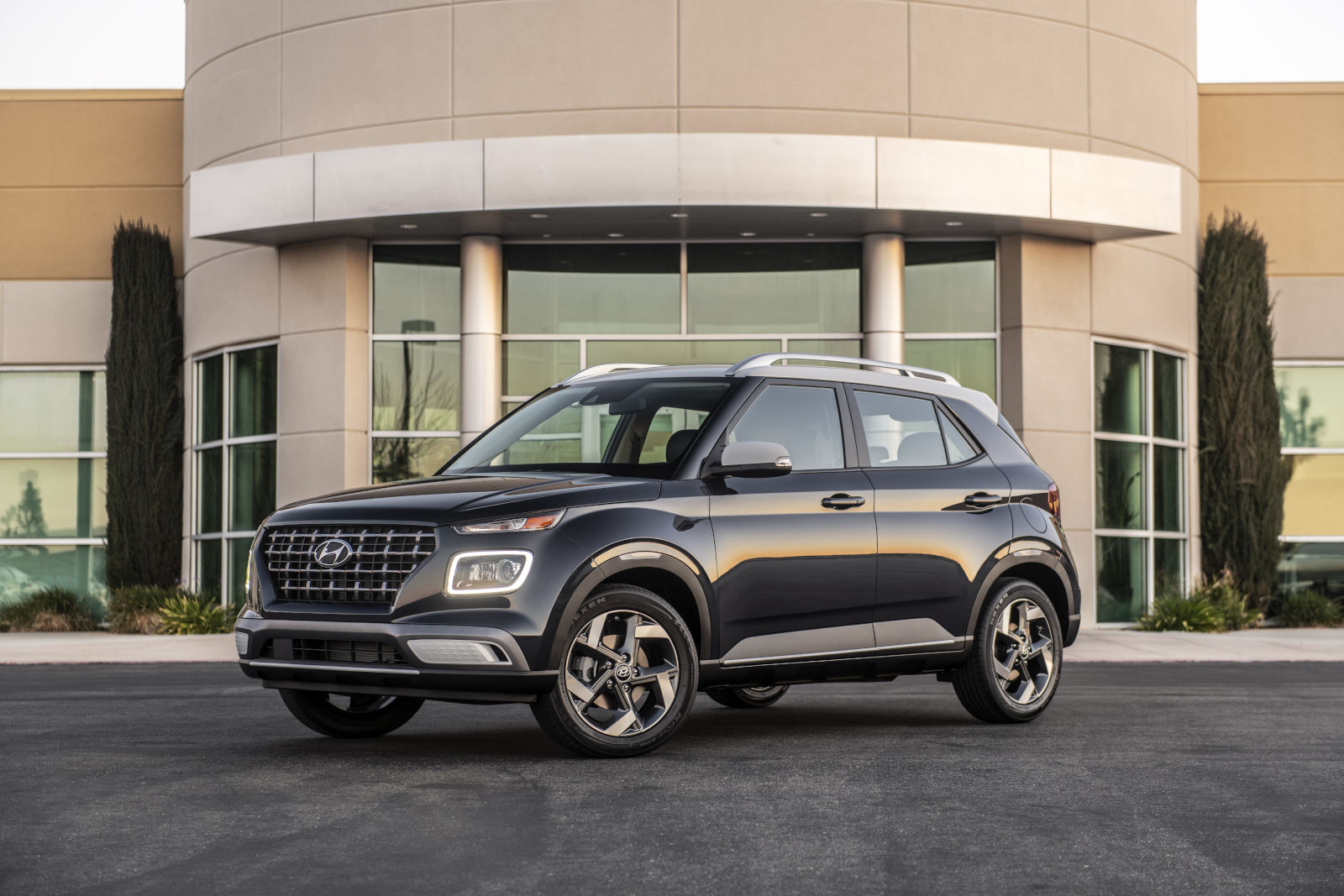
Fuel costs are probably the number one expense to plan for when buying a pre-owned vehicle, outside of the monthly financing cost. To plan effectively, start by determining the average number of kilometres you drive each month. Next, look at the fuel economy of the pre-owned vehicle you're considering — this is often measured in litres per 100 km.
It is fairly easy to calculate the cost of fuel for your vehicle.
- Find the average fuel consumption rating of the pre-owned vehicle you are considering. For the sake of example, we will say it is 9.0 litres per 100 kilometres.
- Determine how many kilometres you will drive roughly per month. For this example, let’s say you drive about 1,500 kilometres every month.
- Check local gas prices. As we are writing this article, gas prices in Barrie average $1,45 per litre.
In our example, the cost of fuel for this month would be $154 (1,500/100 = 15x9 = 135 litres of fuel used this month. Then multiply 135 by the cost per litre set at $1,45, which equals $154.
Insurance Premiums

Insurance is a critical consideration and one that can vary widely. The type of car you choose, your driving history, and even your location can impact your premiums. Safety features in a vehicle can attract discounts, while a spotty driving record can increase your costs. Before you settle on a pre-owned vehicle, get insurance quotes for different models you're interested in. This will make it easier to plan the expense and also allow you to factor in the cost in your final buying decision.
Regular Maintenance
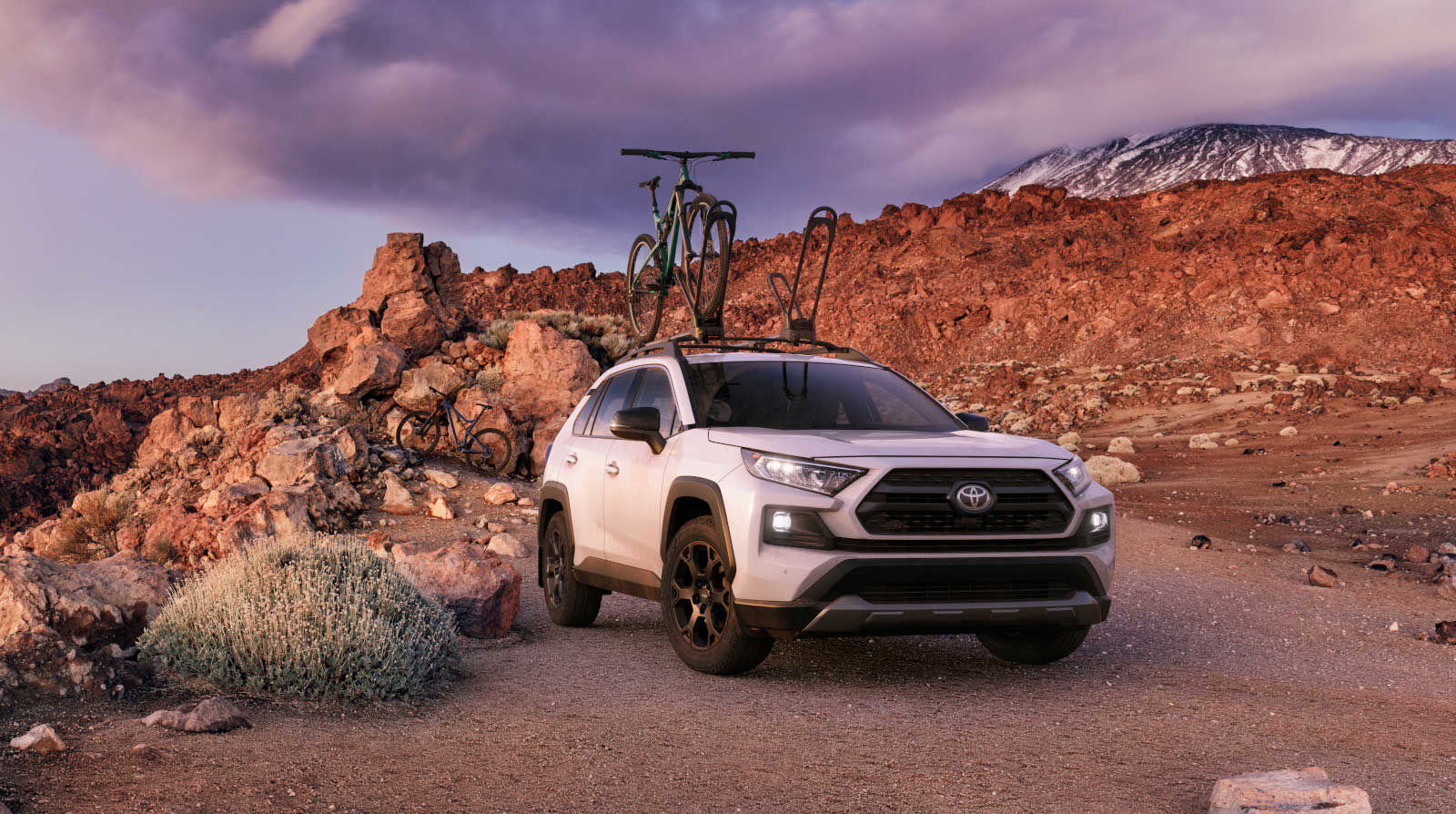
Consistent maintenance is the key to the longevity of any vehicle. Oil changes, tire rotations, brake inspections, and other routine services not only keep your vehicle running but also help avoid costly repairs down the line. Create a maintenance calendar based on the vehicle's service manual and set aside a monthly budget for these tasks. You can estimate the costs for all of these expenses by asking a dealership to give you the price of routine maintenance, oil changes, and required service tune-ups. You can also find the estimated cost of annual maintenance for a vehicle online. That said, expect to pay between $750 and $1,250 in routine maintenance every year, and this is outside of unexpected repairs or more expensive tune-ups that come when a vehicle has more mileage.
Tires and Seasonal Upkeep
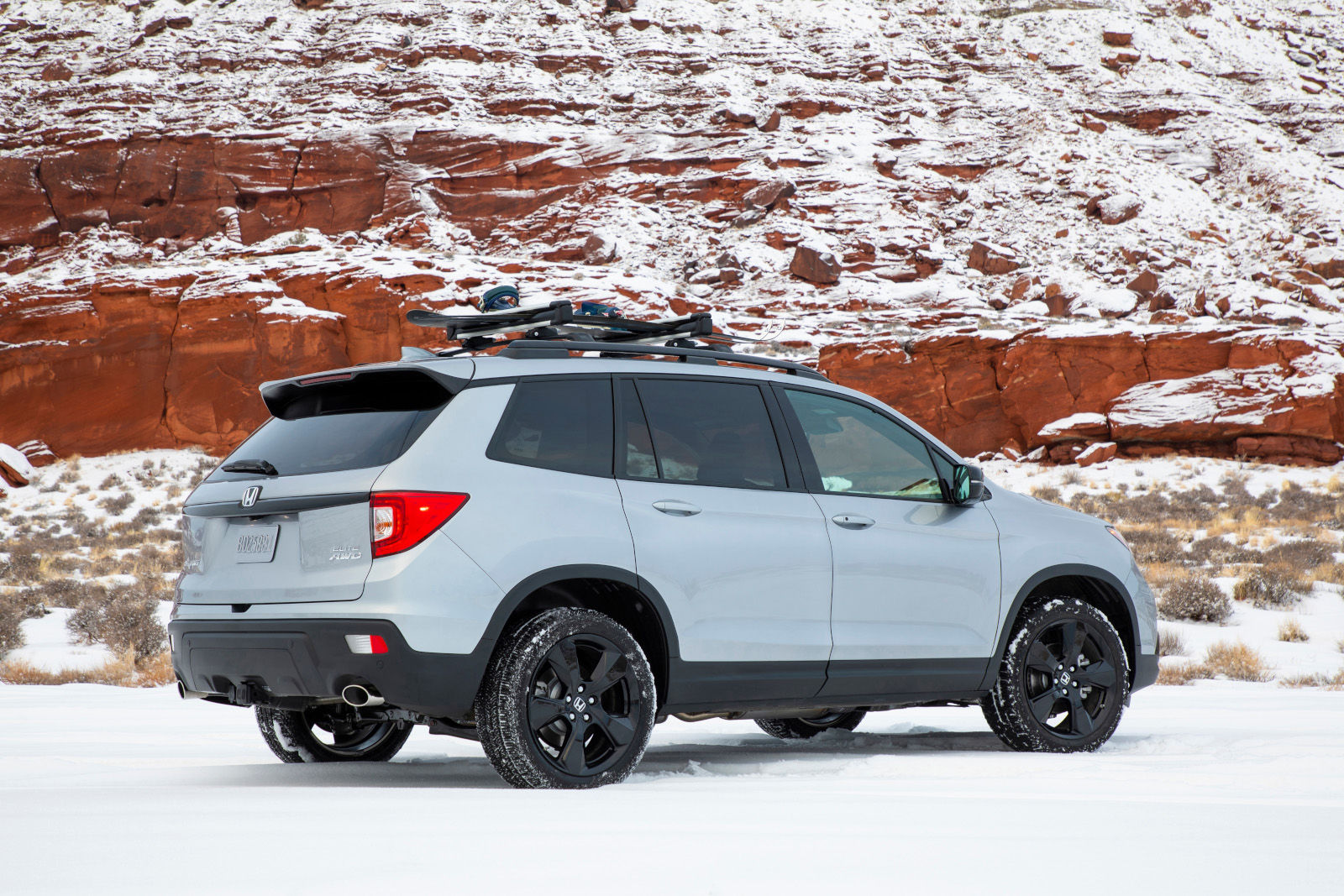
Tires are your vehicle's only contact with the road and, thus, are critical for safety and performance. The cost of replacing tires depends on the type and size required for your vehicle. Remember that tires need to be replaced every few years, and you will also need a set of winter tires. Plan to replace each set of tires at least once in the next 5 years.
Unexpected Repairs

No matter how well you maintain your vehicle, unexpected repairs can and do happen. It's prudent to have a contingency fund to cover these surprises. This fund can start small, perhaps a few hundred dollars, and grow over time. Consider this fund a part of your vehicle's monthly budget to ensure that when a repair does arise, it doesn't derail your finances.
Budgeting Rule of Thumb: The 75% Strategy
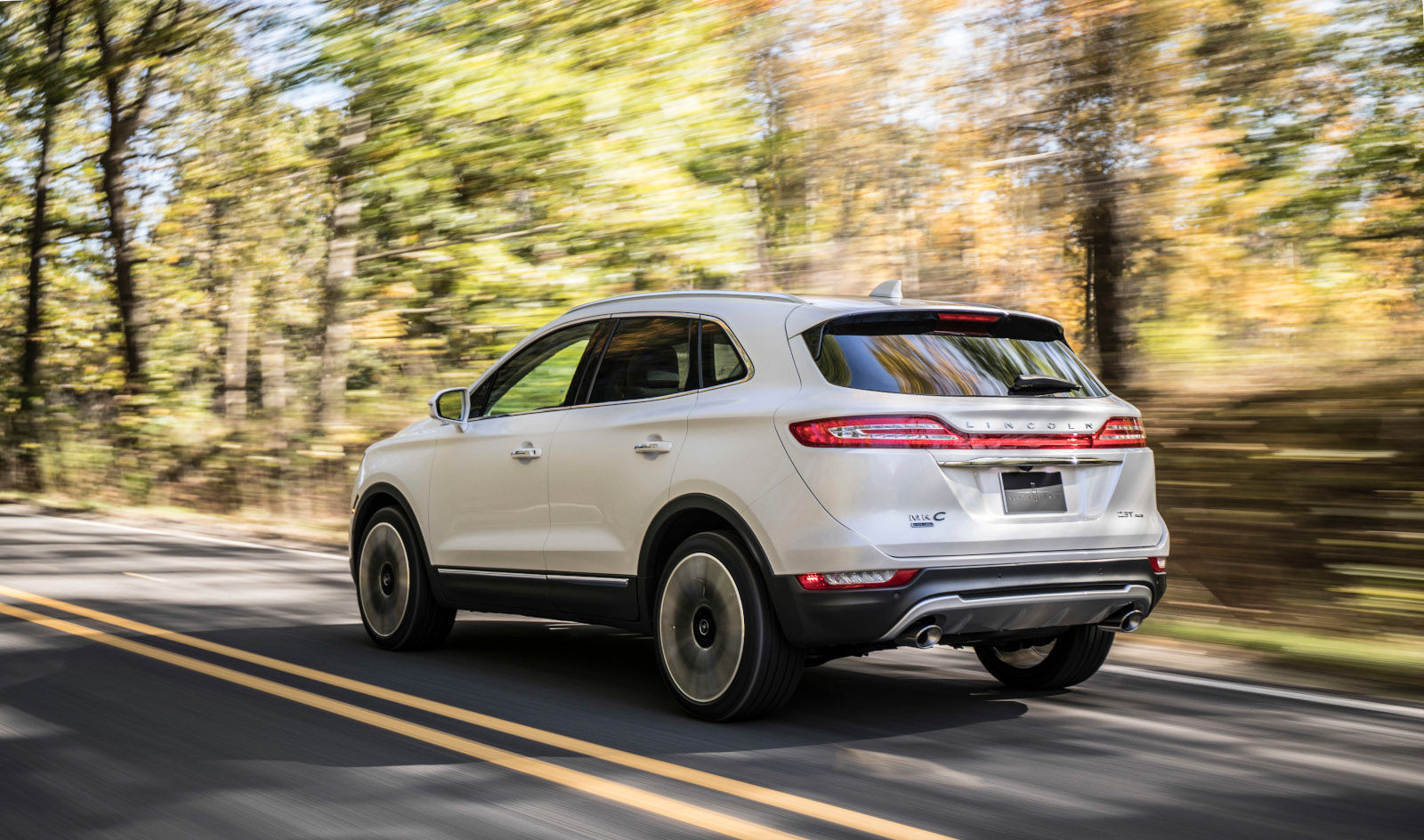
Now that you have an overview of the expenses that come with owning your next vehicle let’s take a look at how to plan for them.
A useful budgeting strategy is to allocate approximately 75% of your monthly vehicle payment to cover these long-term ownership costs. If your car payment is $500 per month, setting aside $250 for these additional expenses will help ensure you're not stretched too thin. This proactive approach to budgeting means you're less likely to be caught off guard by the true cost of owning a vehicle.
Of course, this depends on how much your insurance premiums are and how much fuel you need per month. Taking our previous example of fuel costs set at $154 and assuming your insurance premiums are $75 per month, this would leave you with roughly $150 after insurance and fuel every month. This comes to $1,600 for the year, which should be fine to cover maintenance.
However, you can adjust this calculation based on the costs for fuel and insurance of your specific vehicle.
Planning for a pre-owned vehicle involves more than just calculating the monthly payments. By taking a holistic view of ownership costs—including fuel, insurance, maintenance, tires, and repairs—you can create a budget that reflects the real cost of owning your vehicle. This comprehensive approach ensures that you can enjoy your new ride without financial stress, knowing that you're well-prepared for both the expected and unexpected expenses of vehicle ownership.

